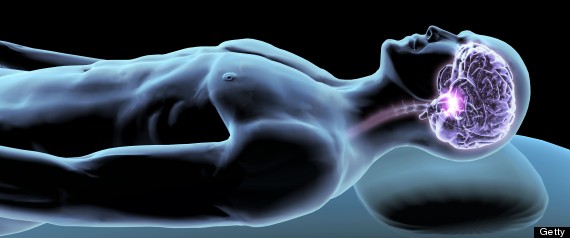Why do we need sleep?

We know from everyday life that, at some point, we need to sleep. In fact, extended sleep deprivation can lead to death. Despite the amount of sleep research that has been conducted, none have been able to clearly reason out the essential function of sleep. However, recently, a promising study by Dr. Nedergaard showed that sleep functions in clearing neurotoxic waste from the brain of mice. In effect, without sleep, these toxins would build up and cause problems for the body.
Specifically, the study looked at what is known as the glymphatic system. Because our central nervous system lacks a lymphatic system which is in our peripheral system, the glymphatic clearance pathway is the primary way in which our brain can “clear” the cerebrospinal fluid (CSF) and interstital fluid (ISF) of the brain parenchyma. This clearance includes functions of getting rid of wastes, soluble proteins, and even controlling the volume of fluid. Interestingly, the Nedergaard study showed that this clearance system works faster when mice were asleep–in other words, the exchange rates of CSF and ISF increased during sleep. In addition, they were able to show that surrounding cells in the brain would shrink in size to allow more efficient clearance.
Then, the study looked at what was going on during this fluid clearance event. Specifically, they observed the levels of the amyloid beta protein (Aβ), which has been shown before to have a higher concentration in awake mice than in sleeping mice. Indeed, the study found that the clearance rate of the Aβ protein during sleep was markedly higher than in awake mice, indicating that the sleeping brain is trying to get rid of the excess protein which may have built up over the course of the day. Interestingly, this Aβ protein is a precursor protein which form protein aggregates leading to the plaques seen in Alzheimer’s Disease. Perhaps the accumulation of these proteins during sleep deprivation leads to certain physiological symptoms such as mental fogginess, mood swings, migraines, seizures, and death.
While a clear mechanism and understanding of how sleep affects the brain remains elusive, this study was able to take one step in defining what may be a crucial function of sleep. The clearance of the Aβ protein may be of great interest to Alzheimer’s research as well. However, as more studies on sleep and clearance of toxins from the brain are conducted, it may be very possible that other toxins are also identified. This will be an important goal of future sleep studies because, if we are able to determine that toxic clearance is an essential function of sleep, and we can identify which toxins are most harmful, we may be able to develop drugs which aid in the clearance of these toxins by effectively mimicking the sleep-wake cycle. But until then, it is important to recognize that sleep is an essential part of our health–and with finals coming up, getting a good amount of sleep should be a priority.

4 comments
irancell charge
thanks a lot, very useful ;)
I love to sleep :) i think I’m addicted to this activity. Great article.
Healthy sleep is also essential for optimal learning and memory function.
Great article Anthony. I found it very informative!